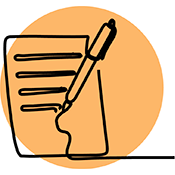
This site provides general legal information. This is not legal advice. The law that applies to people arriving at the Canada-United States border is complex. Every situation is different. We encourage you to seek legal advice. You can start by booking a free consultation with our staff lawyer to get legal advice about your situation.
Before you go to the border, it is important to be as prepared as possible. Do not rely on someone else’s experience. Each situation is different.
Contact us to ensure your claim will be eligible and that you have the right documents.
Common Questions
What documents should I bring to prove my identity?
It is strongly recommended that you bring original documents to prove your identity to present to the Canada Border Services Agency (CBSA). They will decide whether you can enter based on the evidence you share. They do not wait for you to get additional proof, and in most cases, they will return you to the U.S. if you do not have the right documents.
Identity documents can include:
- Passport
- National ID
- Driver’s licence
- Birth certificate
You should present the documents that you have, even if they are expired.
Contact us for legal advice about what documents to bring to the border.
What documents should I bring to prove I meet the family member exception to the Safe Third Country Agreement?
If you fall under the family member exception to the Safe Third Country Agreement, you will need documentation to prove this.
Examples of documents that can prove your relationship with your family member:
- Birth certificate
- Marriage certificate
- Family registration card
- Communications with family members (letters, emails, texts)
- Proof of legal guardianship
- Your relative’s Basis of Claim Form (BOC Form) or another immigration document that includes you
- Statutory declarations from family members in Canada stating how they are related to you
An example of proving an “anchor” relationship: If your father’s brother (your uncle), is your anchor relative, you can provide the following proof:
- Your birth certificate — this shows your relationship to your father
- Your father’s birth certificate — this shows your father and uncle share parent/s
- Your uncle’s birth certificate — this shows your father and uncle share parent/s
Canada Border Services Agency (CBSA) may look at your anchor relatives’ previous immigration applications to see if they list the relevant family members. In the above example, CBSA will check if your uncle listed your father as a sibling.
Examples of documents that can prove the immigration status of your family member:
- Passport
- Permanent residence card
- Refugee Protection Claim Document (commonly called the “brown paper”)
- Notice of Decision from the Immigration and Refugee Board (for Protected Persons)
Carefully review your documents and your relative’s documents. Sometimes, documents have mistakes, such as the wrong date of birth or problems with spelling. Be prepared to explain mistakes or inconsistencies and get legal advice.
Contact us for legal advice about documents to prove your relationship with your family member.
How do I prove a common-law relationship?
Here are examples of some documents that you can provide:
- Common-law certificate (some countries provide these)
- Birth certificates of children that list both of you as parents, though this alone will not prove the fact that you have lived together
- Documents to prove you have co-habited, that have both your names on it:
- shared lease
- shared bank account
- shared bills
It can be difficult to prove that you have lived with someone in a common-law relationship. You can provide a sworn affidavit or ask someone who knows you both well.
You should carefully review your documents and those of your partner or relative. Sometimes, documents have mistakes, such as the wrong date of birth or spelling of a name. A mistake in a document can mean that you can be turned away at the Canadian border.
Contact us for legal advice about common-law relationships.
Should my family member come to the border?
Yes, it is very important that your family member is at the border when you arrive in case the Canada Border Services Agency (CBSA) officer wants to interview them to confirm that they are eligible to be your anchor relative. If they live far from the border or cannot travel there, they should at least be available by phone, but going in person is much better.
Make sure your relative is prepared. They should bring original identity documents with them and be ready to answer questions about their relationship with you and possibly other questions about other family members, including information about dates, place of birth and current whereabouts.
Contact us for legal advice about preparing your family member to come to the border.
How do I prove that I meet the unaccompanied minor exception?
To be considered an unaccompanied minor under this Safe Third Country Agreement exception, you must be under 18 and not have a parent or legal guardian in eitherCanada or the U.S. Even if your parents are only temporarily in the U.S. or Canada, you will not be eligible to enter Canada. It is the fact of your parents’ presence in either country that means you won’t be eligible, not their immigration status.
Be prepared for the Canada Border Services Agency (CBSA) to check if you are an unaccompanied minor. This could include searching databases, sharing information with the U.S. authorities, looking at your travel history and residency, and contacting your parents or guardians directly to confirm where they are.
Contact us for legal advice about the unaccompanied minor exception.
How do I prove that I meet the Valid Canadian Visa Holder Exception?
If you meet the visa exception, you should bring your visa document with you.
Examples of visa documents include:
- A temporary resident visa or permit
- A valid work or study permit, not one connected with a failed refugee claim
Contact us for legal advice about the valid visa exception.
Do I need to bring documents to prove why I fear persecution in my country?
The interview with a Canada Border Services Agency (CBSA) officer confirms your identity and determines if you are eligible to make a claim in Canada. The CBSA officer does not decide if Canada will give you protection. This will happen later, if you are determined eligible to make a refugee claim or to apply for a Pre-Removal Risk Assessment (PRRA).
If you have documents to prove what happened to you and what you fear could happen in the future, such as reports, media articles, documents, or photos, you can provide this to your legal representative later. They will review your evidence and discuss what is useful to your case.
We do not provide representation or referrals for preparing a refugee claim once you have entered Canada. Find a local organization that can make legal referrals.
What if I don’t have an original document?
If you can, bring your original ID and other documents. If you only have a copy of your documents or electronic versions, wait to approach the border and try to get originals. If you can’t get the originals, be prepared to explain to the Canada Border Services Agency (CBSA) officer why you can’t access them.
Contact us for legal advice if you do not have any identity documents or only have copies of your documents.
Do I need to translate my documents to English or French?
The Canada Border Services Agency (CBSA) will need to review documents that are in English or French, the official languages of Canada. If your documents are in a different language, we recommend that you get certified translations of your documents before you go to the border.
If you do not get translations of your documents, CBSA might use their own interpreters to review your documents, but this is not guaranteed.
In addition, if you are found ineligible to make a claim at the Canadian border, and want to appeal that decision, it may be difficult for you to rely on documents which were not translated when you initially approached the border.
Contact us for legal advice about your documents. We do not provide document translation services.

